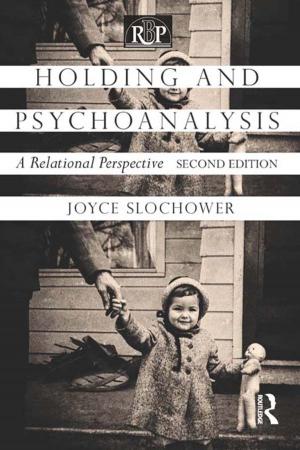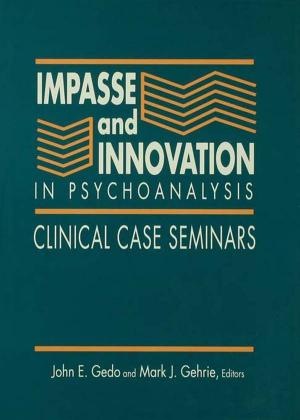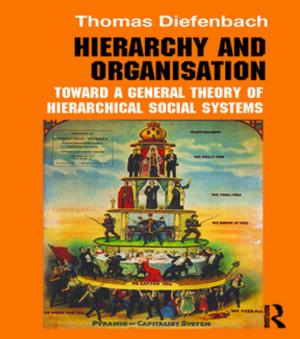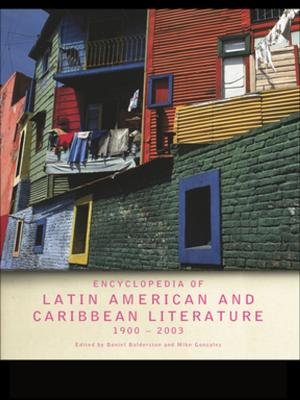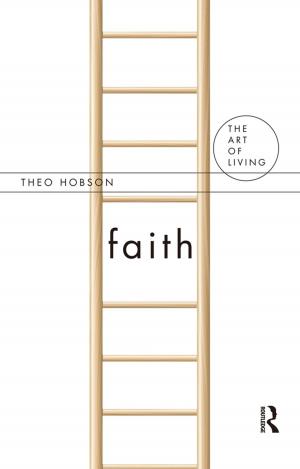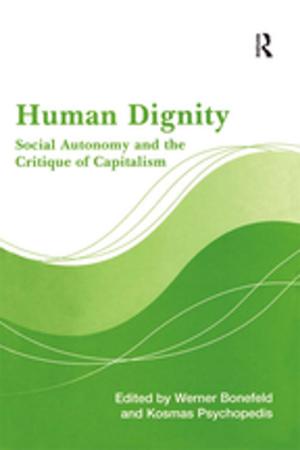Kohut's Freudian Vision
Nonfiction, Health & Well Being, Psychology, History, Psychoanalysis, Psychotherapy| Author: | Philip F. D. Rubovits-Seitz | ISBN: | 9781317713715 |
| Publisher: | Taylor and Francis | Publication: | January 28, 2016 |
| Imprint: | Routledge | Language: | English |
| Author: | Philip F. D. Rubovits-Seitz |
| ISBN: | 9781317713715 |
| Publisher: | Taylor and Francis |
| Publication: | January 28, 2016 |
| Imprint: | Routledge |
| Language: | English |
Heinz Kohut was arguably the most influential modern day psychoanalyst. Because current interest in Kohut's work has focused so completely on self psychology, however, certain aspects of Kohut's thinking, in particular his nonreductive synthesis of Freudian theory, are in danger of being lost.
Prior to his development of self psychology, Kohut was a legendary teacher of Freudian theory at the Chicago Institute for Psychoanalysis. In this volume, Philip Rubovits-Seitz presents Kohut's previously unavailable lectures from his course on psychoanalytic psychology (prepared in collaboration with Kohut himself) along with an illuminating summary statement on Freudian theory jointly written by Kohut and Rubovits-Seitz.
Rubovits-Seitz continues with his own insightful analysis of Kohut's distinctive approach to Freudian theory. And he concludes by arguing persuasively why Kohut's later contributions should best be viewed as a continuation, rather than an abandonment, of this early vision. Kohut's Freudian Vision not only repairs an outstanding tear in received psychoanalytic history but also challenges self psychologists and contemporary Freudian psychoanalysts alike to renewed reflection.
Heinz Kohut was arguably the most influential modern day psychoanalyst. Because current interest in Kohut's work has focused so completely on self psychology, however, certain aspects of Kohut's thinking, in particular his nonreductive synthesis of Freudian theory, are in danger of being lost.
Prior to his development of self psychology, Kohut was a legendary teacher of Freudian theory at the Chicago Institute for Psychoanalysis. In this volume, Philip Rubovits-Seitz presents Kohut's previously unavailable lectures from his course on psychoanalytic psychology (prepared in collaboration with Kohut himself) along with an illuminating summary statement on Freudian theory jointly written by Kohut and Rubovits-Seitz.
Rubovits-Seitz continues with his own insightful analysis of Kohut's distinctive approach to Freudian theory. And he concludes by arguing persuasively why Kohut's later contributions should best be viewed as a continuation, rather than an abandonment, of this early vision. Kohut's Freudian Vision not only repairs an outstanding tear in received psychoanalytic history but also challenges self psychologists and contemporary Freudian psychoanalysts alike to renewed reflection.






